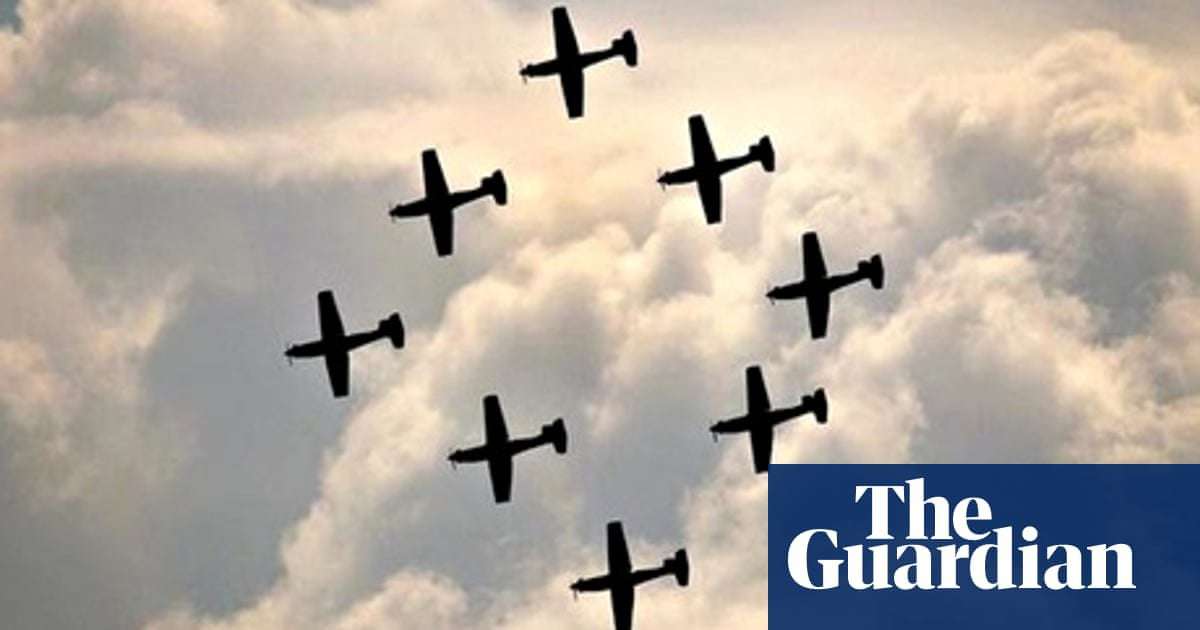There's something almost too civilised about a country whose fighter jets stick to office hours (note to would-be terrorists and airspace infiltrators: they also stop for an hour and a half for lunch, and there's no service at weekends). It was French and Italian jet pilots who escorted the Ethiopian Airlines plane hijacked by its co-pilot safely to Geneva airport on Monday morning – because, at 6.02am, it was still nearly two hours before the Swiss air force came to work.
"Switzerland cannot intervene because its airbases are closed at night and on the weekend," spokesman Laurent Savary told AFP. "It's a question of budget and staffing."
It was not always so. The Swiss air force was founded in 1914 with nine pilots. By the 1940s it was well capable of defending its neutral airspace. But in recent years military spending has decreased. Fewer jets have been bought and many of its pilots have become reservists. Now the country relies on its neighbours' military capabilities – last month the Austrian air force helped police Swiss airspace during the World Economic Forum in Davos.
"The capability to provide a 24-hour response with interceptors is currently missing for financial reasons," says David Cenciotti, an Italian journalist who blogs as The Aviationist. "There are agreements with neighbouring countries – Italy and France in particular – that enable fighter jets from both air forces to enter Swiss airspace whenever needed to manage an aerial threat. So the risk is limited. Still, there is a residual risk. If a plane is hijacked over Switzerland and directed to hit a sensitive target within the country fighter jets launched from France or Italy would have little to no chance to intervene."
The Swiss government now wants to spend more than £2bn on 22 new Swedish-made fighter jets. The deal will be put to a referendum in May, though according to recent polls 53% of voters are against it. If it happens, it could mean a move to round-the-clock capabilities from around 2020; bad news for the pilots enjoying those long lunch breaks.

cruiserman_80 on June 28th, 2021 at 01:12 UTC »
Kinda related, but in the 80s I was part of a discussion between maintenance crew at an Australian RAAF base and the subject was how they would react if someone went postal and stole one of the Dassault Mirage jet fighters the RAAF used at the time.
Conclusion - By the time they reacted, prepped, armed and launched another fighter, the first aircraft would have run out of fuel.
habanerocorncakes on June 27th, 2021 at 22:14 UTC »
Reminds me of Mathias Rust a German amateur aviator who flew his plane into Russian Airspace in 1987 and landed in Red Square. He was mistaken for a friendly plane several times, the orders never came to shoot him down when he was in the sights of Soviet fighters.
The incident greatly embarrassed the Soviets, as he was able to pass through their "impenetrable" air defenses, and revealed many operational flaws in their systems. He was a teenager at the time.
FiveMinFreedom on June 27th, 2021 at 20:38 UTC »
The incident made the Air Force's limitations very clear, and today the Swiss Air Force has a 15-minute interception response time 24/7 all days of the year.